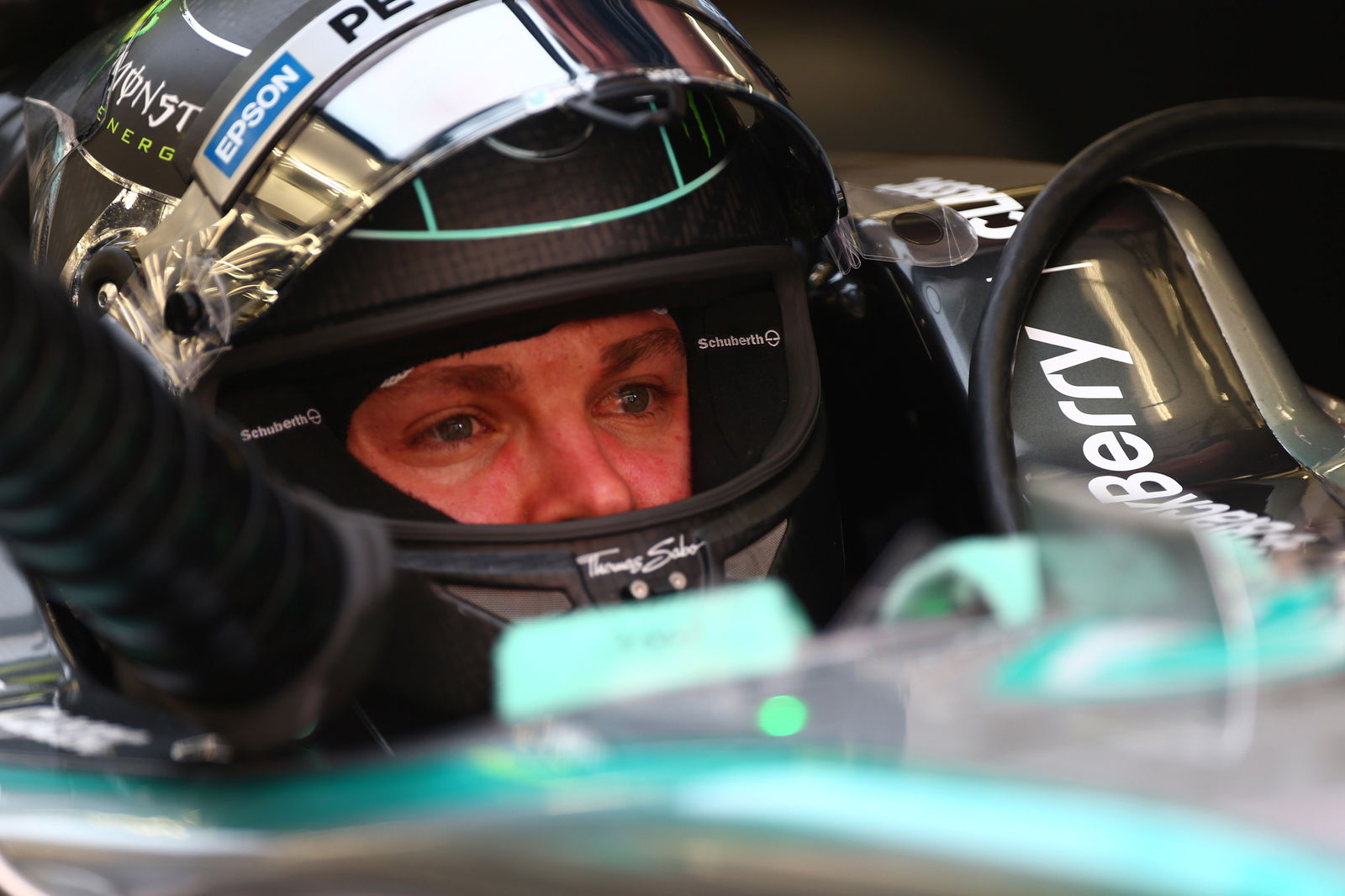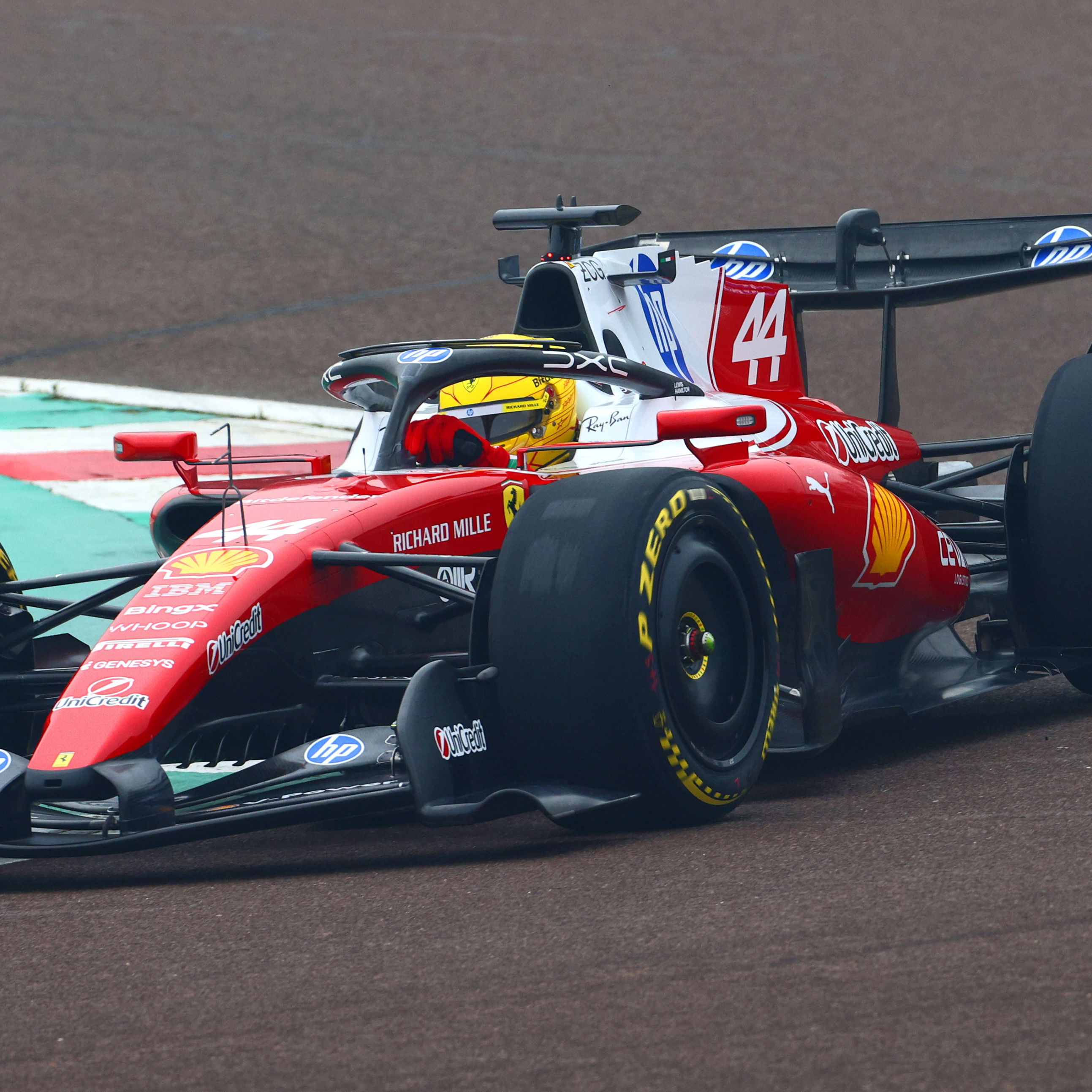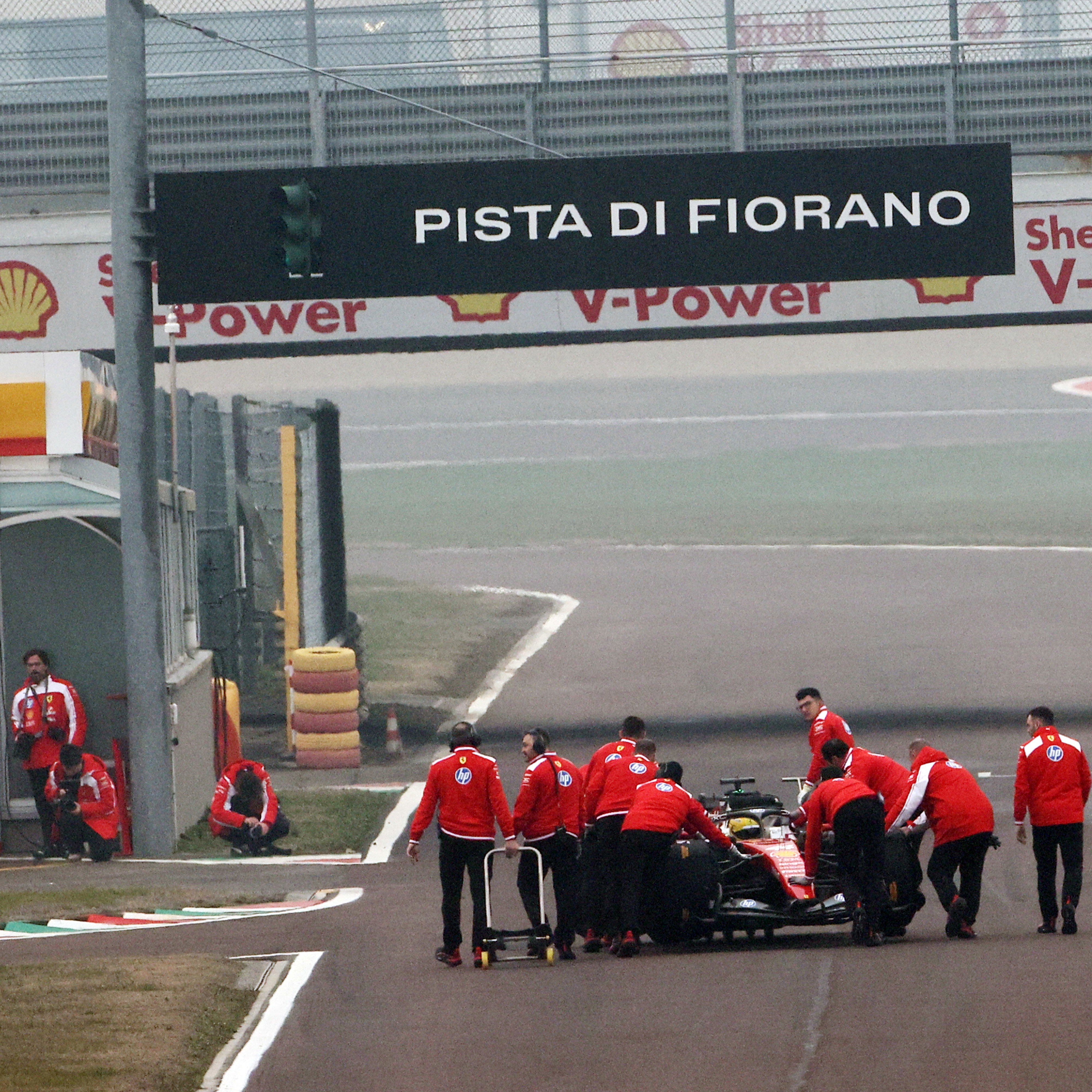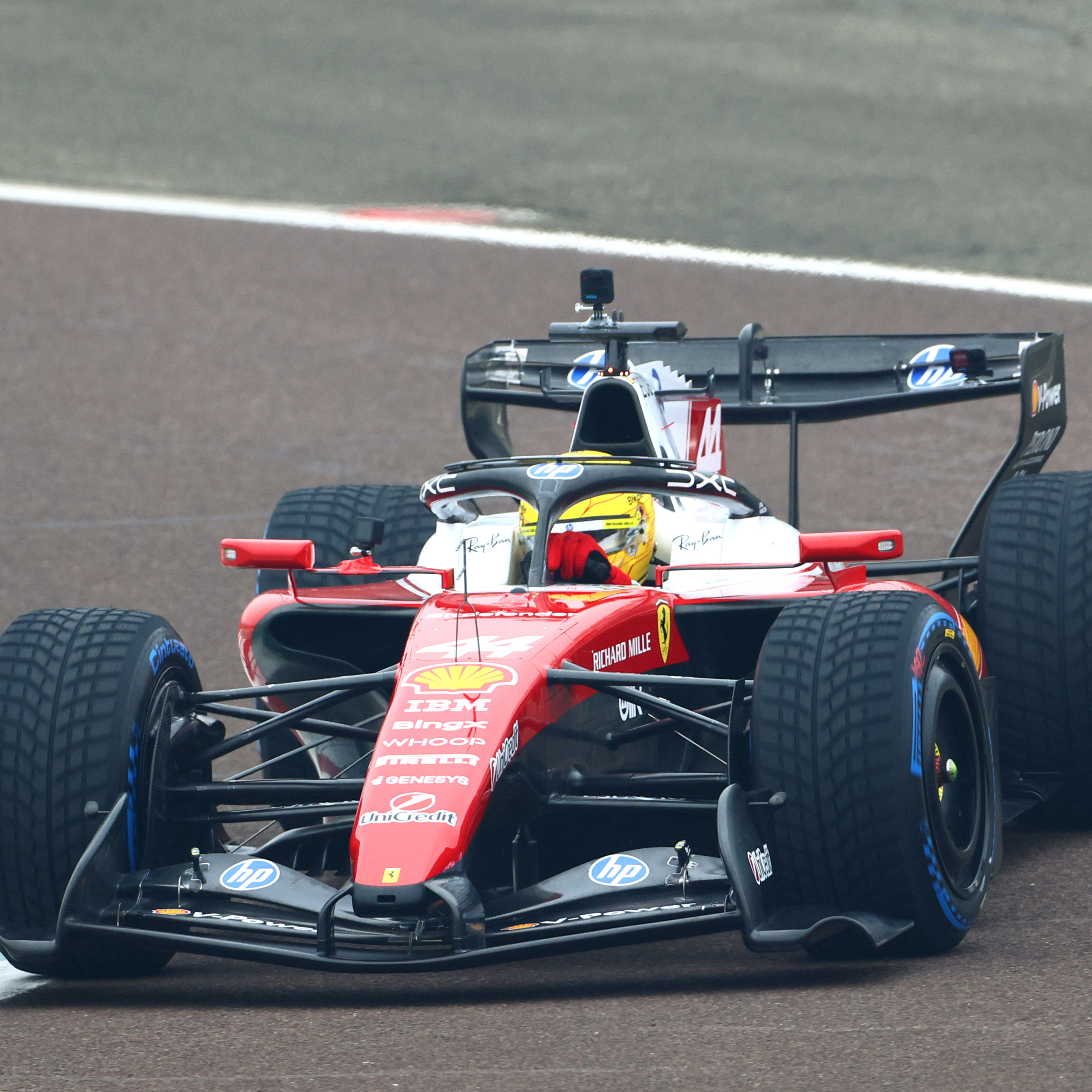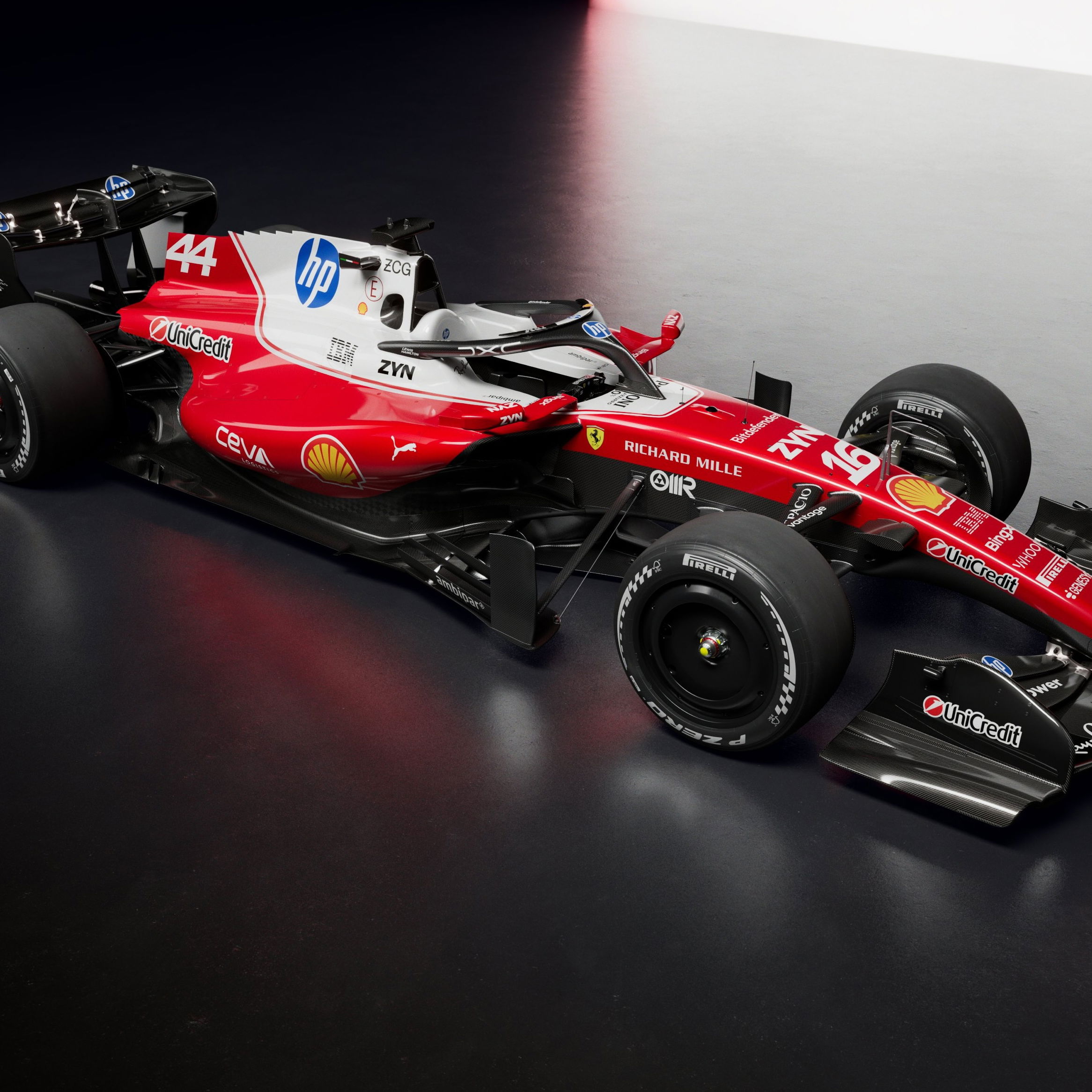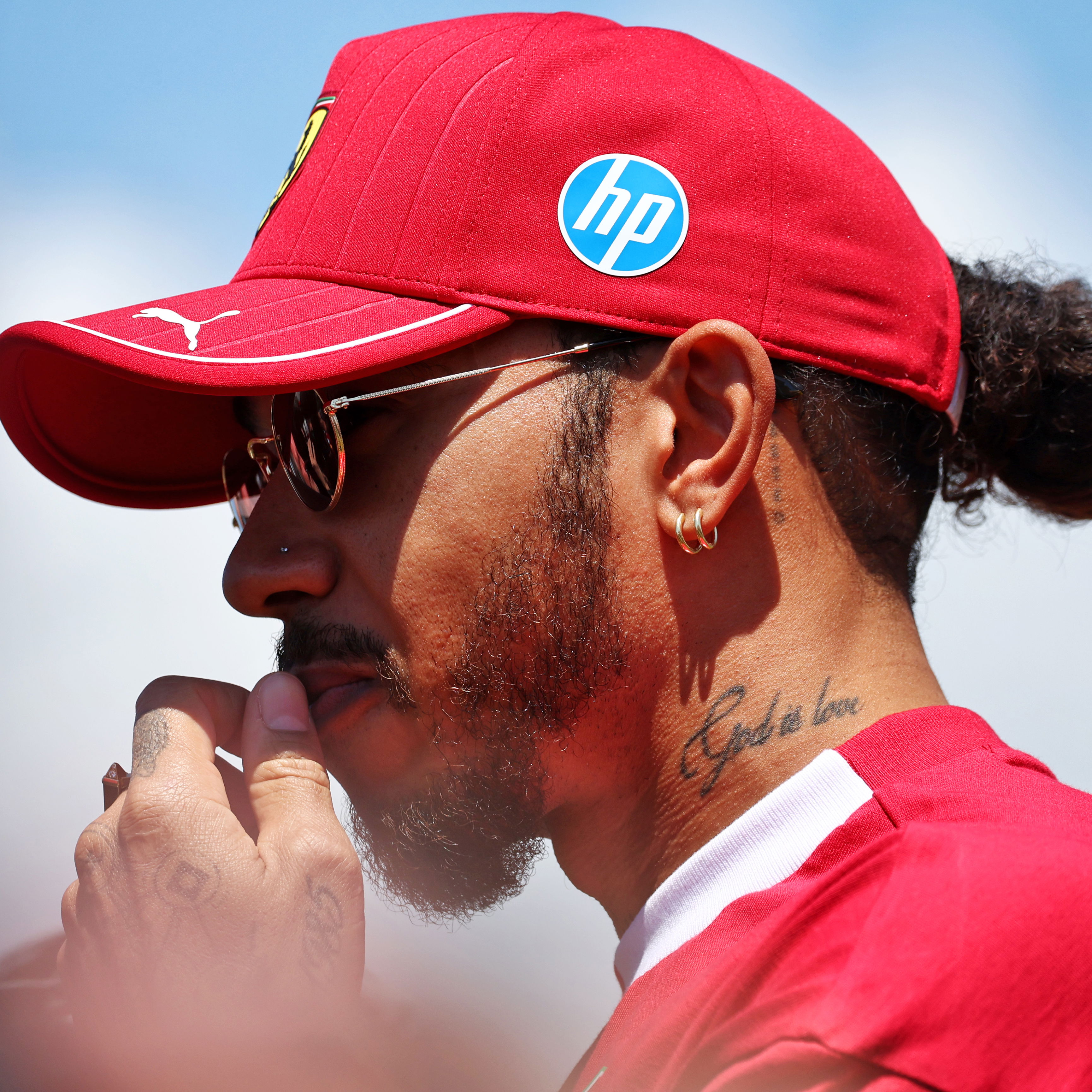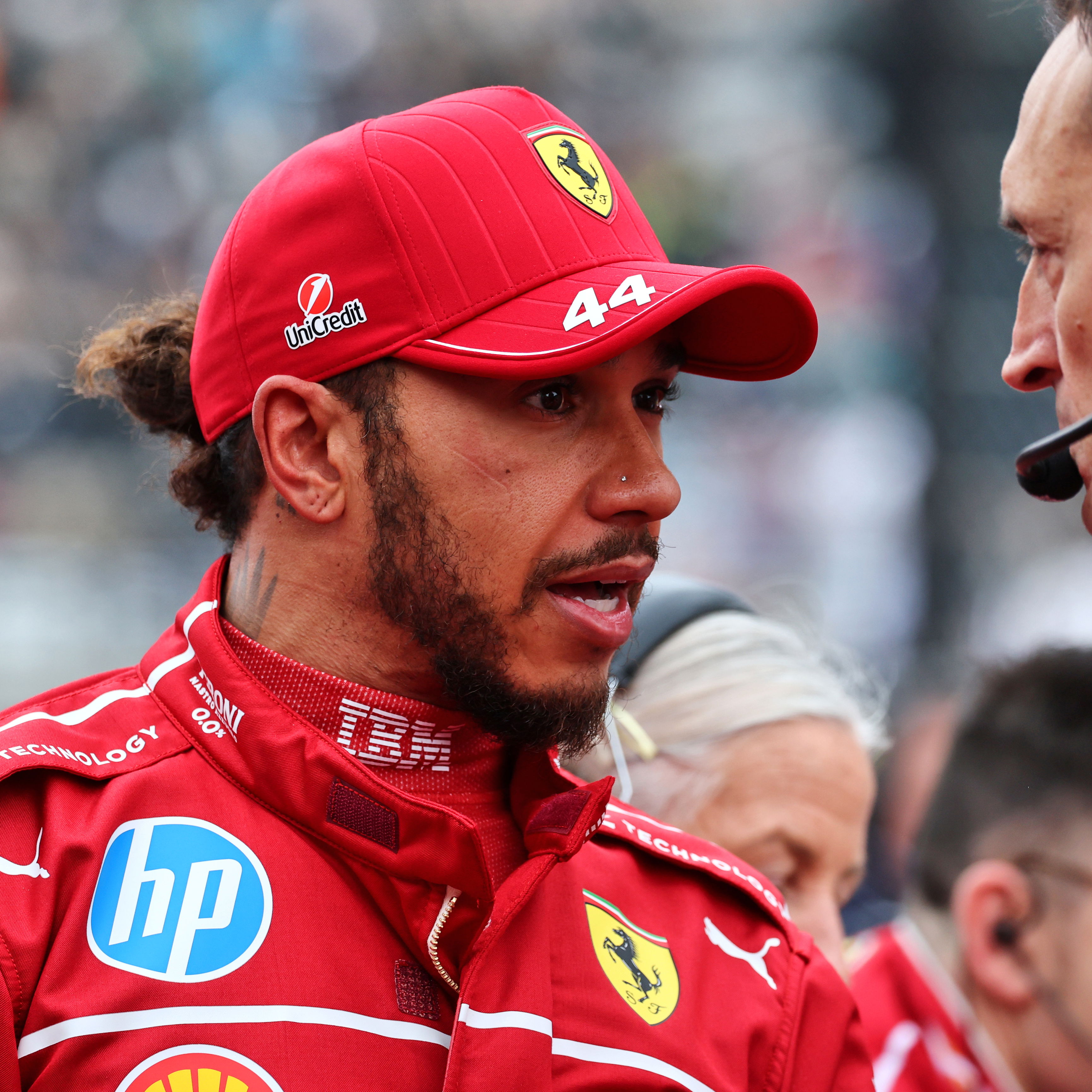Six of the Best: How I spent my retirement

With the rumour mill kicking into gear and silly season just around the corner, some drivers may well be nervously pondering their next move and considering the prospect of life after F1.
Retirement needn't necessarily mean a one-way ticket to the commentary box or a succession of seasons spent pounding the tarmac in alternative racing series however. As these six drivers showed, there are myriad diverse career options for a former Formula One driver.
 |
One of the leading drivers of the 1970s and early 1980s, Argentine Carlos Reutemann was a 12-time Grand Prix winner best remembered for losing out to Nelson Piquet in a championship showdown at Las Vegas in 1981.
Immediately after F1, Reutemann returned to his native Santa Fe to concentrate on his second love: farming. Reutemann also dabbled in rallying, finishing third in the Argentinian Rally at the wheel of a Peugeot in 1985. Indeed, until Kimi Raikkonen's eighth placed finish at the 2010 Jordan Rally, Reutemann was the only man in history to have scored points in both the F1 world championship and the WRC.
Reutemann's second career began in earnest in 1991 however, when the Santa Fe Justicialist Party invited him to stand for Governor. Reutemann, whose prominence and popularity remained undimmed, subsequently won the election and presided over a four-year term from 1991-1995.
Reutemann won a second term as Governor of Santa Fe in 1999, and his successful governorship of Argentina's third largest province during nationwide economic difficulties combined with his high profile made him a popular candidate for the presidency.
Reutemann though declined to run for the top job, instead winning a seat as a Senator for the Santa Fe province - a position he holds to this day.
Jody Scheckter - Biodynamic Farmer
Not many drivers turn their backs completely on F1 in the midst of their racing prime, but that's exactly what 1979 World Champion Jody Scheckter did aged just 31 after a dismal title defence in 1980.
The ten-time Grand Prix winner stated that he "wasn't getting the same thrill out of motor racing as he had before he became World Champion", and that he needed a new challenge in his life. That challenge manifested itself as a complete withdrawal from his high-profile life to settle in the US, and Scheckter initially attempted to forge a second sporting career as a tennis professional.
Scheckter proved his physical prowess by winning a World Superstars competition for international athletes in 1981, but this was a sideshow to the business idea that had taken hold for Scheckter after seeing an advert for a firearms training simulator in a magazine.
Scheckter poured all of the money he had earned from F1 into founding FATS (Firearms Training Systems), a virtual weapons training system company that grew in 12 years from a kitchen table operation to a multi-million dollar operation employing over 250 people in Atlanta.
After selling FATS to help fund the racing careers of his sons, Tomas and Toby, Scheckter bought Laverstoke Park Farm in Hampshire and embarked upon a completely new venture: biodynamic farming. Now in his mid-60s, Scheckter remains an organic farming figurehead, and has appeared on multiple documentaries and TV shows, including Countryfile, to promote the benefits of biodynamic agriculture.
 |
Niki Lauda may be a ubiquitous presence in the contemporary Formula One landscape, but his current role as non-executive chairman of the Mercedes team is just one of many career paths the three-time champion has taken since retiring from Formula One for good in 1985.
After infamously declaring that he had no interest in 'driving round in circles anymore', Lauda first retired from F1 in 1979 and set up his own airline, Lauda Air. A keen pilot alongside his racing commitments, the company was initially founded as a charter airline and taxi service, with Lauda himself piloting many of the fledgling airline's flights.
Lauda Air was put somewhat on the backburner when Niki returned to F1 with McLaren to win his third world championship, but after retiring for the second time in 1985 he dedicated himself to aviation in earnest. By 1990 Lauda Air had grown to become a substantial international airline, offering long-haul services from its base in Vienna to destinations as far afield as Australia, Cuba and Dubai.
During the mid-1990s Lauda returned to the paddock in a dual role as consultant to the Ferrari team and co-commentator for German TV channel RTL. After selling the majority of his Lauda Air shares to Austrian Airlines in 1999, Lauda was hired to manage the Jaguar F1 operation in 2001 - although his stewardship was a failure and Lauda was fired, along with 70 other staff, at the end of the 2002 season.
Lauda started another airline, Niki, in 2003, which operates to this day as a low-cost subsidiary of Air Berlin. His current role with Mercedes has returned Lauda to the forefront of F1 though, with his no-nonsense approach to racing matters and openness with the media ensuring that Lauda is as vital a presence in the paddock today as he was 40 years ago.
Phil Hill - Classic Car Restoration
Of the thirty-two drivers to have won the Formula One World Championship, only two have raced bearing the Stars and Stripes on their flanks.
Whilst 1978 World Champion Mario Andretti is one of the most renowned figures in motorsport history, the charismatic head of a dynastic family who enjoyed popular success on both sides of the Atlantic, America's 'other' champion, 1961 title winner Phil Hill, remains one of F1's lesser-known lights.
Long before Formula One, Hill had a keen interest in classic cars, and his first exposure to auto racing came helping other drivers tune and set up their performance vehicles. In 1947, Hill bought an MG-TC two-seater, modifying it himself so he could start racing on the amateur circuit. Hill's affinity with fine-tuning performance vehicles initially him to England as a trainee with the Jaguar racing outfit - but buoyed by on-track success his aspirations increasingly turned to a career behind the wheel.
After retiring from full-time Formula One in 1964, Hill continued to intermittently race sportscars through the 1960s, but by this time his lifelong interest in restoring classic cars had developed into a lucrative business, Hill and Vaughn, which Hill ran alongside business partner Ken Vaughn.
The international success and renown of Hill and Vaughn saw the company sold for the first time in 1984 to Jordanian Raja Garjour, although Hill's passion for the business saw him remain at the helm until a second sale in 1995.
In later life Hill's devotion to classic cars showed no signs of abating, and he devoted time to his own vintage car collection and attending Concours events and rallies across the States - judging the Pebble Beach Concours d'Elegance for over 40 years until his death in 2008.
 |
The glamour of Formula One has attracted sponsors to F1 for over 50 years, and naturally Grand Prix drivers themselves, with their heritage of daredevil debonair abandon, have also long felt the attentions of the moneymen at brands across the globe.
Those who have trodden the path of brand ambassador include Juan-Manuel Fangio, who held a role as a lifelong Mercedes ambassador in Argentina after retiring from competition, Jackie Stewart, who continues to earn a small fortune from his work promoting various prestige companies, and four-time World Champion Alain Prost, who is retained as an international ambassador for Renault, representing the company at sports demonstrations and events worldwide.
Whilst many current and retired drivers continue to enjoy personal endorsement deals, perhaps none matches the joyous opportunity to continue a life of leisure as afforded by Mika Hakkinen's role as a global ambassador for Johnnie Walker.
Heading the company's drink/driving awareness and responsible drinking campaigns, Hakkinen attends promotional events across the globe - many of which entail demonstration runs in high-performance vehicles. He has also been heavily involved in advertising campaigns, dovetailing with Jenson Button to share promotional work alongside the F1 calendar.
The Finn, who often presented a taciturn figure during his racing career, has allowed his natural playfulness to shine through at public events and in brand campaigns over the past ten years - and shows no signs of winding down his engagement with one of the longest standing driver/brand partnerships in the sport.
Nelson Piquet - Businessman
Nelson Piquet's various recent careers represent a diverse range of interests and tie up several loose ends of post-F1 life. Driver manager? Check. Head of a racing team? Check. Continued competition in various international formulae? Check. Successful businessman in his own right? Yet again, check.
Piquet is far from the only former F1 driver to use his earnings from the sport to dabble in commercial ventures. From Eddie Irvine's burgeoning property portfolio to Bertand Gachot's energy drinks company, and from Theirry Boutsen's aeroplane dealership to David Coulthard's ownership of hotels and TV production companies, Formula One has helped many men earn the independent means to pursue various business opportunities.
Although he earned and lost several small fortunes in business dealings throughout his racing career, Piquet has subsequently enjoyed significant success with a business venture completely outside of the world of motorsports.
Like Scheckter's firearms training system, Piquet was able to spot a market opportunity and create a new product from scratch and founding Autotrac in 1994. Autotrac is a satellite tracking system for trucks or boats that, due to the complex nature of logistics in a country the size of Brazil, helped deliver huge efficiencies for haulage and freight companies.
Although he retains a shareholding interest in Autotrac to this day, Piquet has spent much of the past fifteen years concentrating on his son Nelson Jnr's racing career - a move that looks likely to finally yield results on the international stage at the conclusion of the inaugural Formula E season in London at the end of the month.
